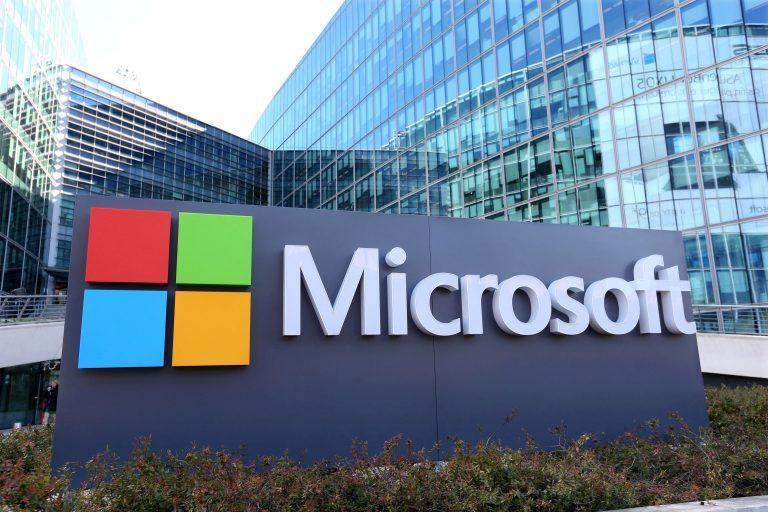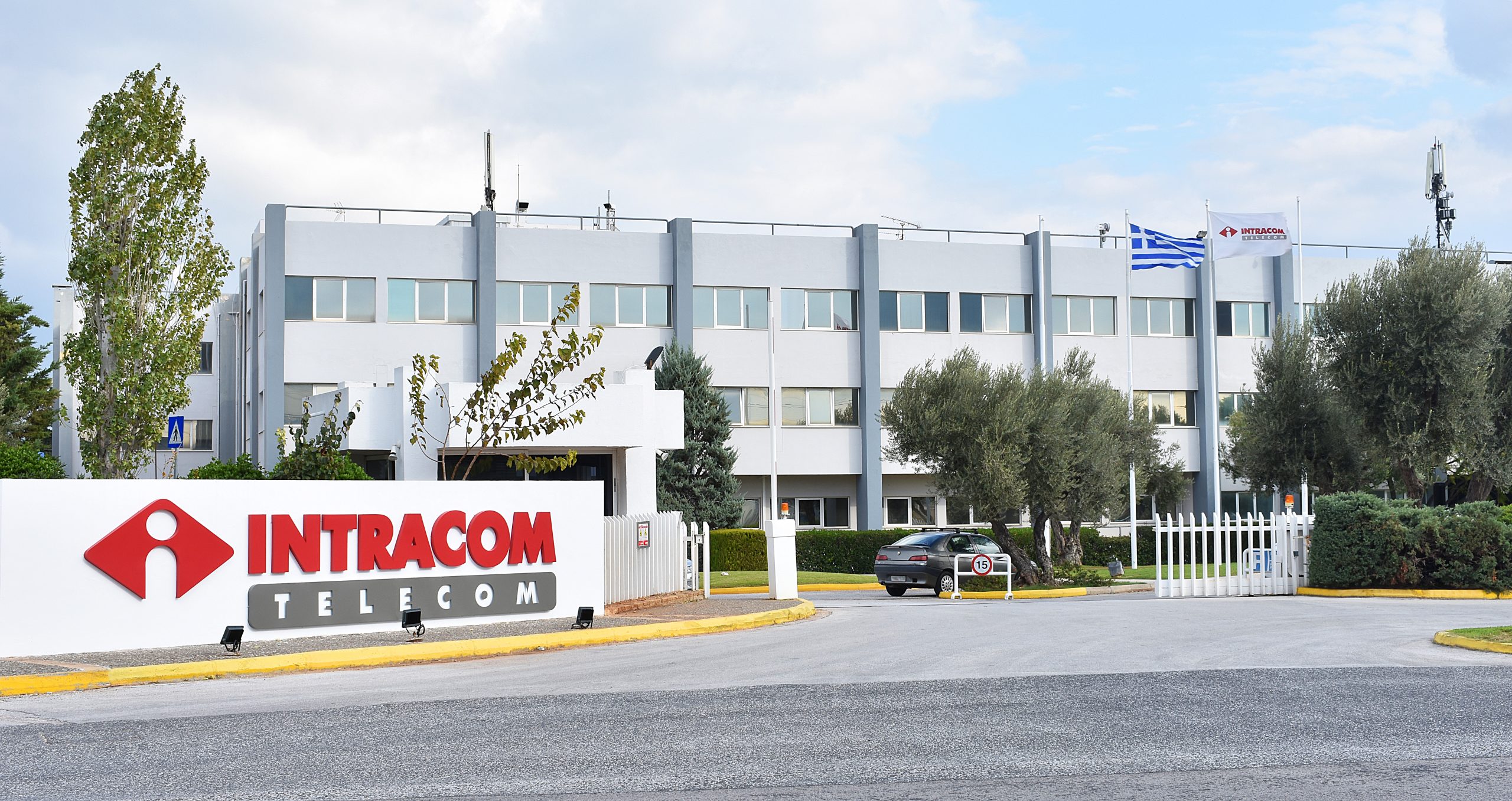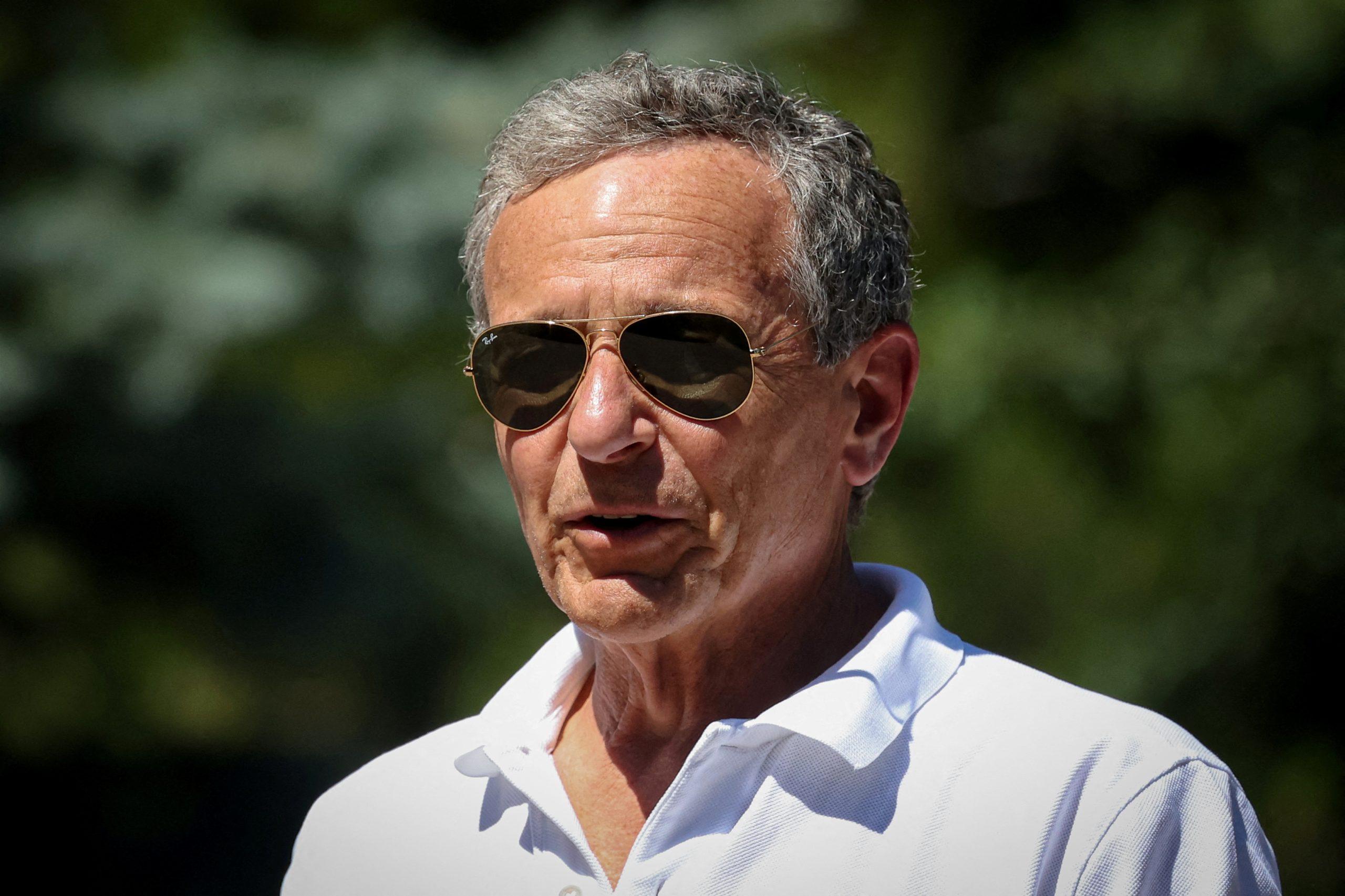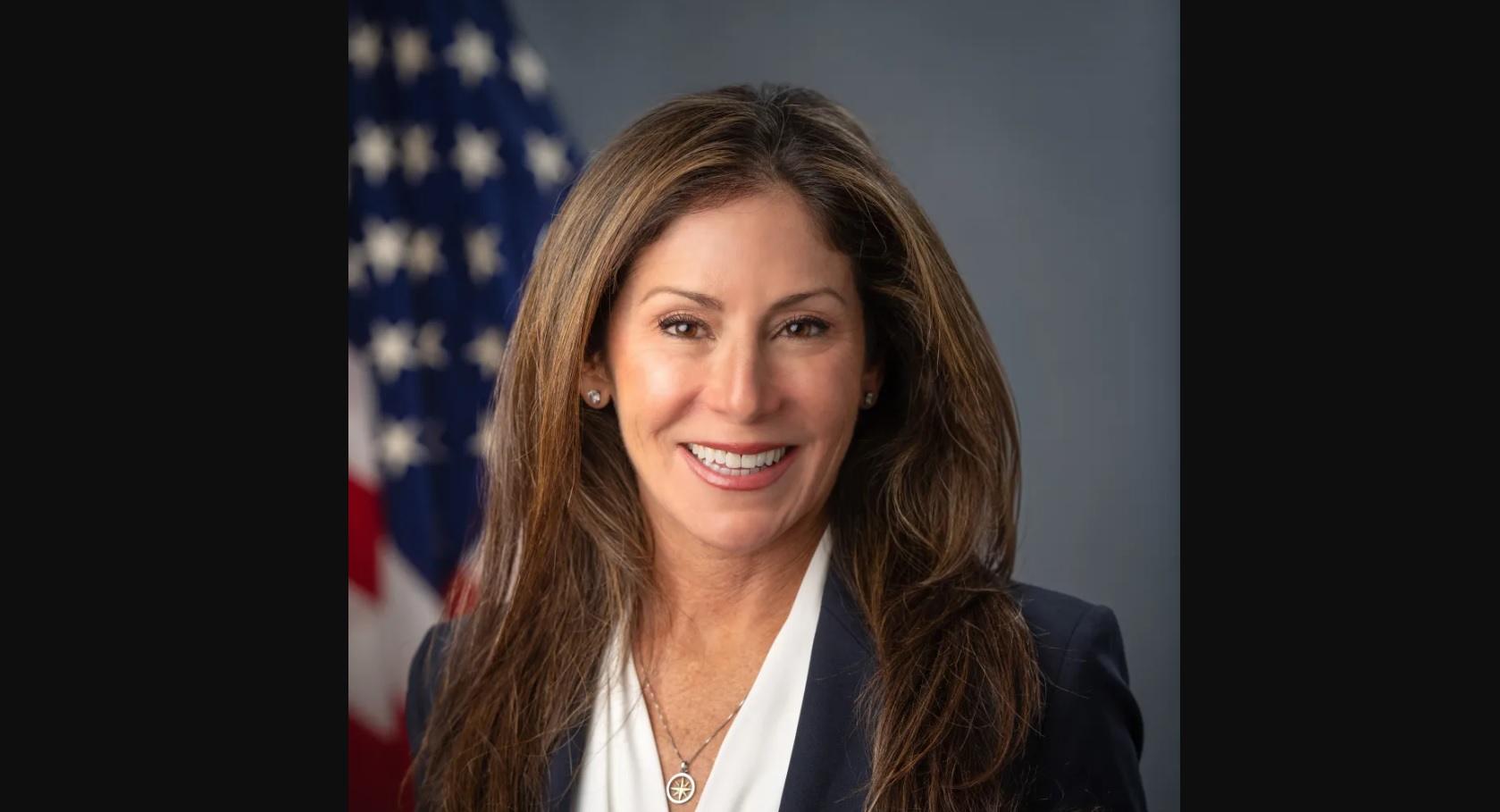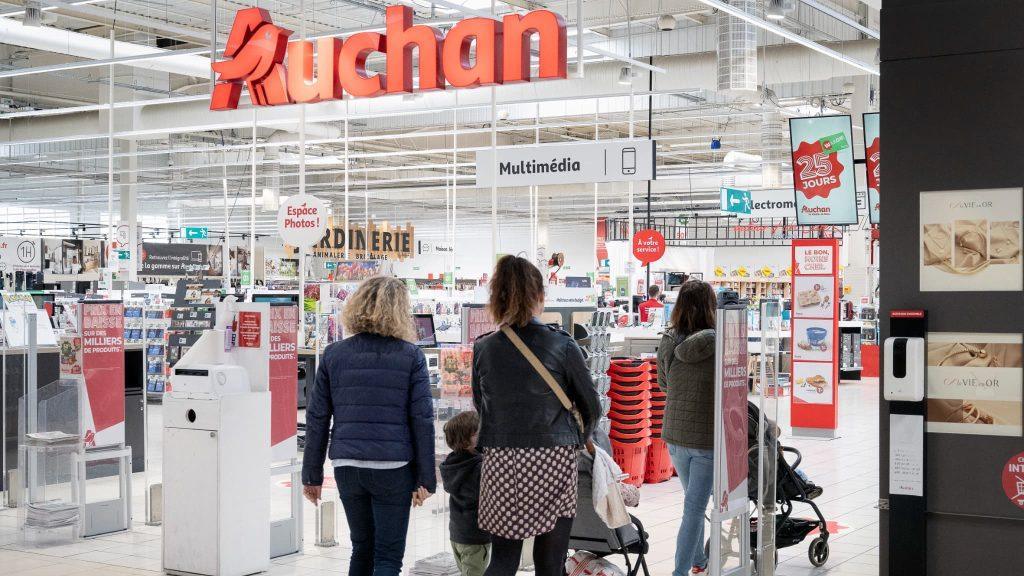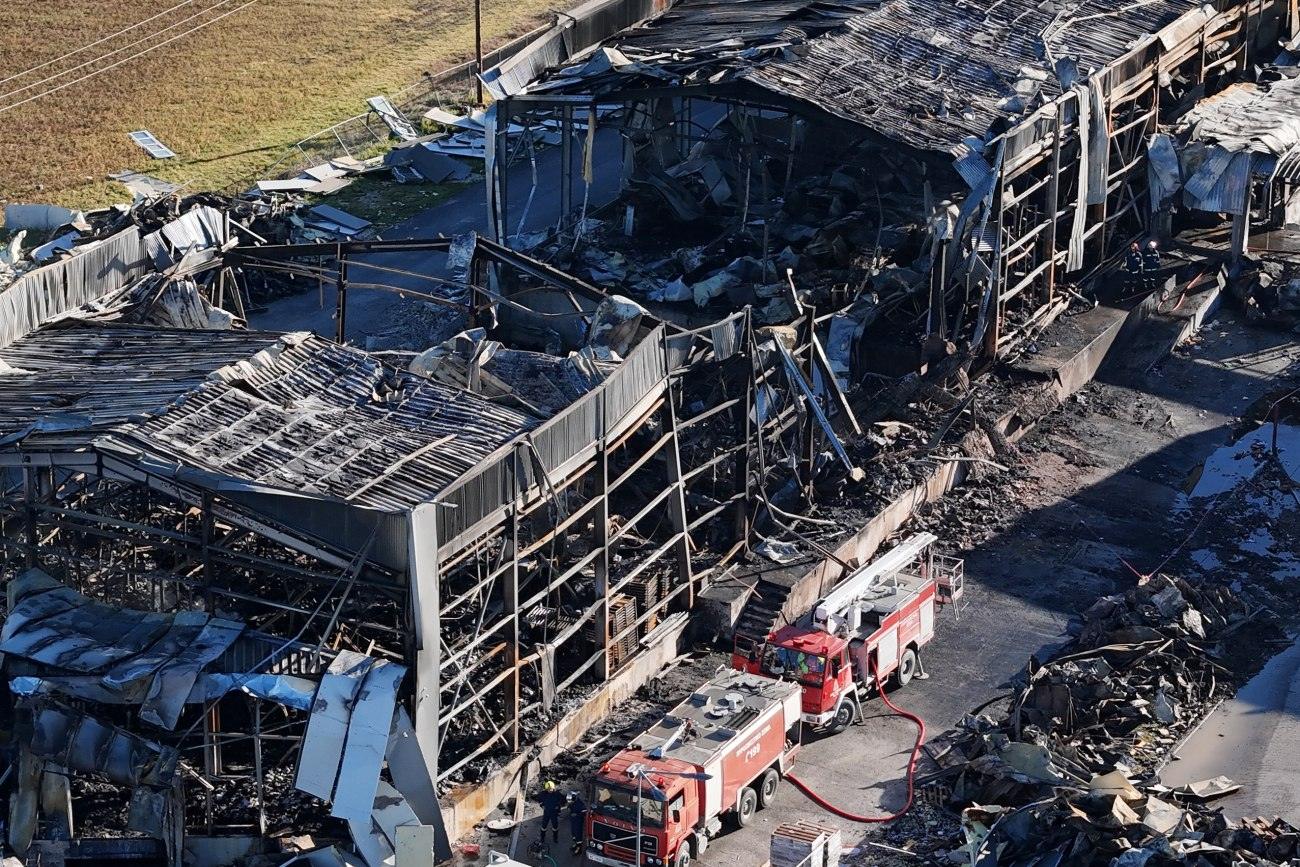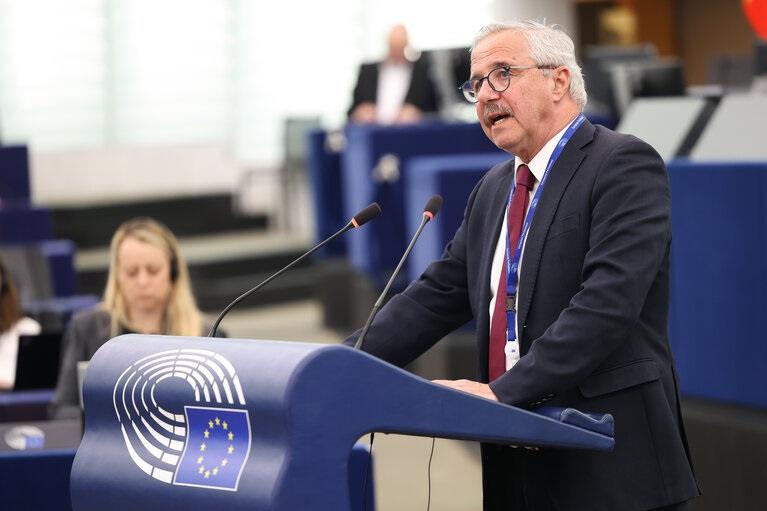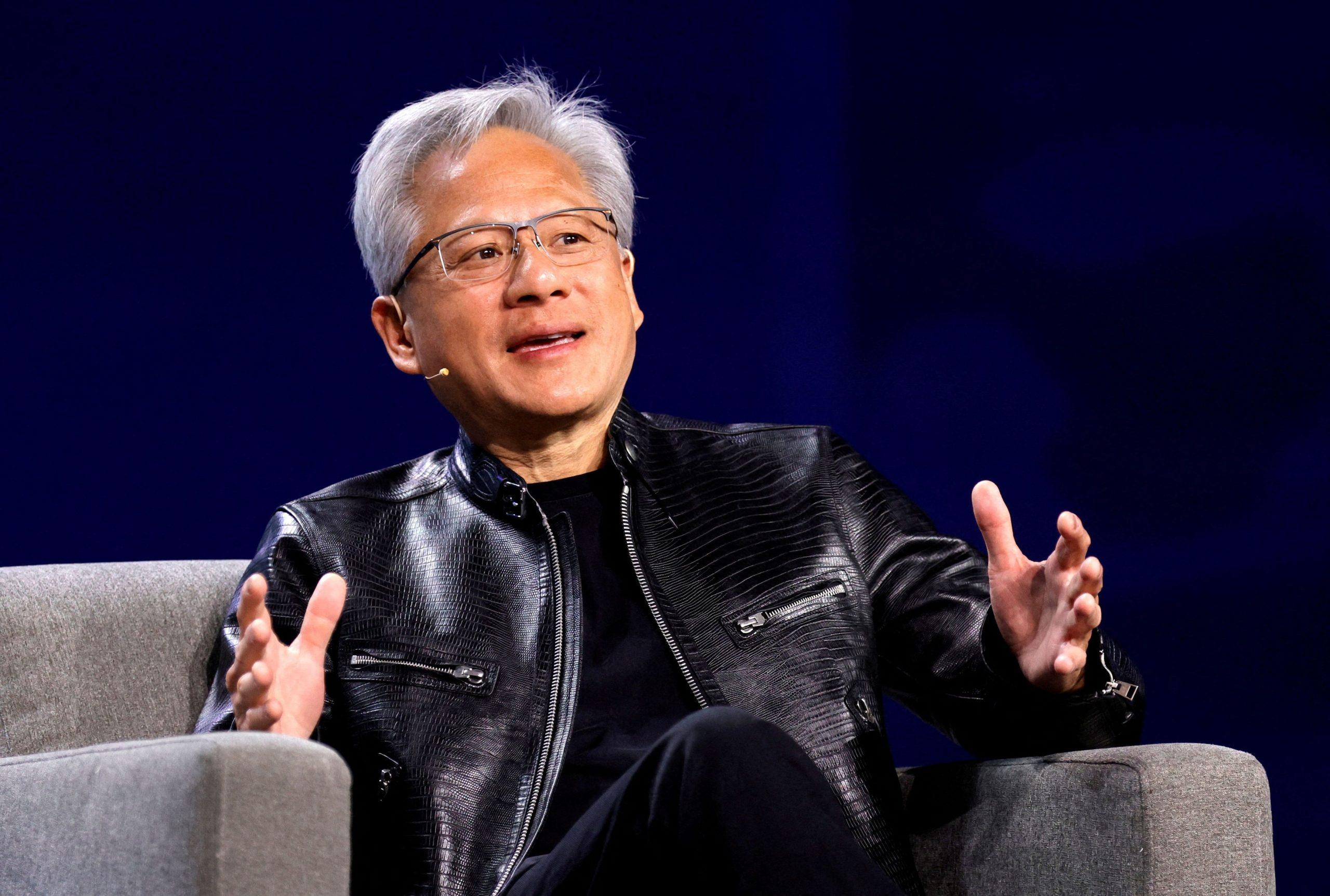Athanasios Platias, emeritus professor of strategic studies at the University of Piraeus and president of the Council of International Relations, said the world was in a “new cold war” responding to questions fielded by OT during a talk at the Delphi Economic Forum X that commenced today.
“We are in a new Cold War,” the professor pointed out, claiming the two poles were the United States and China. “[They] are in constant competition. And in fact, this is more intense than the first Cold War, because today the economies are interconnected due to supply chains.”
He adds that this new cold war had shifted from the land to the sea. “While the first Cold War took place on land, the second has shifted to the seas, causing a geodynamic restructuring, with the emphasis on the U.S. and China and a competition that has many dimensions. To address this, disengagement is necessary, which is painful,” he commented.
What causes turmoil in the global economy is globalization and how economies are interconnected. In this global order, the U.S. is trying to create disincentives for China, triggering a trade war. “Clearly, with 104% tariffs, there can no longer be trade, either from China to the West or to the U.S.,” he explained.
Europe
For the U.S. to focus on Southeast Asia, they need to withdraw from Europe, a development that alarms the Old Continent. “Everything is connected. Europeans don’t think they are so vulnerable defense-wise, but if there’s no Russian threat, they can’t convince their public that there’s a need for defense spending. This possibility, however, leads to a restructuring,” Platia noted.
Trump’s Rhetoric – How Will Europe Respond?
Commenting on Donald Trump’s rhetoric and actions vis-à-vis Europe, Platias explains that while the U.S. prepares to leave Europe and focus on Asia, Europeans are compelled to spend more on defense. At the same time, there is a cultural war—such as the U.S. claiming that Europeans are not democrats,” creating an overall image that causes panic.
The result? “Europeans will be forced to take measures and add a security dimension to the Union. They are reacting to Trump’s rhetoric, so U.S. policy seems to have succeeded, as they are doing what the U.S. has pressured them to do for decades: investing in defense through ReArm Europe, with Ukraine ultimately proving to be the catalyst,” Platia explained.
The U.S. is now trying to end the wars. As Platias points out, Ukraine has brought Russia and China into an axis that is not easily broken because it has depth. The U.S. is trying to dismantle it by offering Russia a victory, something China cannot do.
ReArm Europe – Rethinking European Defense Security
The professor explains that with the shift of U.S. policy Europeans will have to adjust whether they are ready or not. “They will be forced to. The entire European model, which had a social welfare state, calm, and stability, is changing. By increasing defense spending to 3-3.5%, there will be a dramatic redistribution of resources across member states, which will obviously divert funds from social spending. This will lead to destabilization and push for populist ideologies.”
“Clearly, countries like France and Germany will benefit, as they have an industrial base for the production of weapons systems,” he concluded.
Follow the numerous interviews with the speakers at the Delphi Economic Forum X, including high-profile academics, economists, politicians, and experts on topics ranging from finance, politics, global affairs, etc.
Source: tovima.com
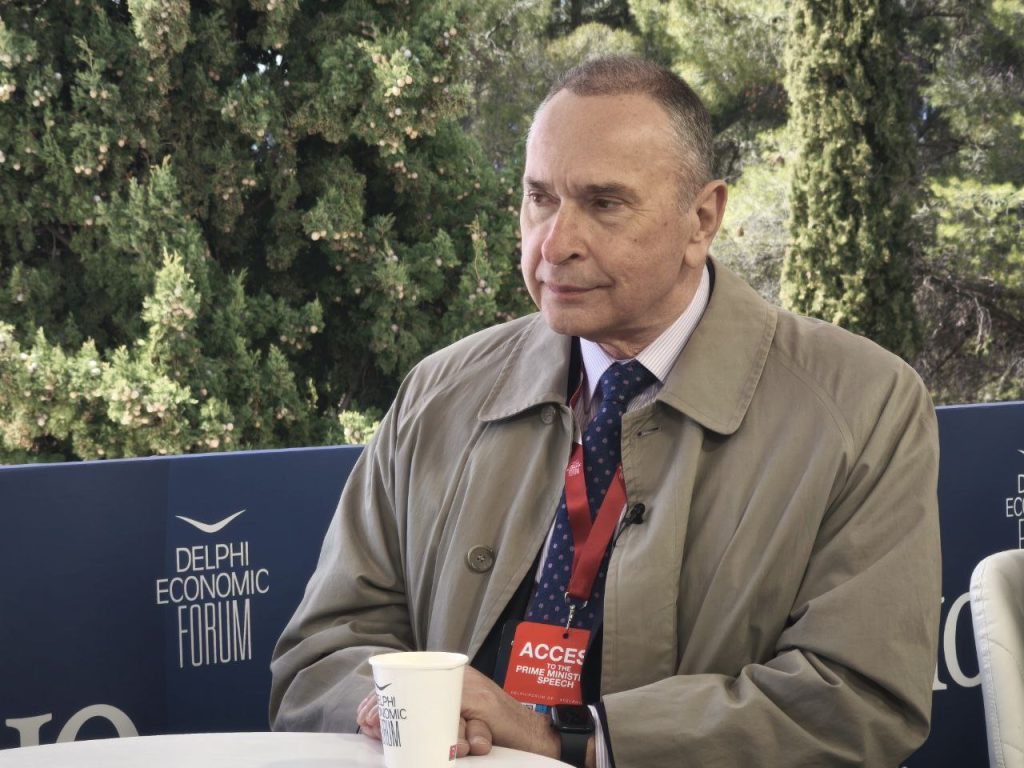

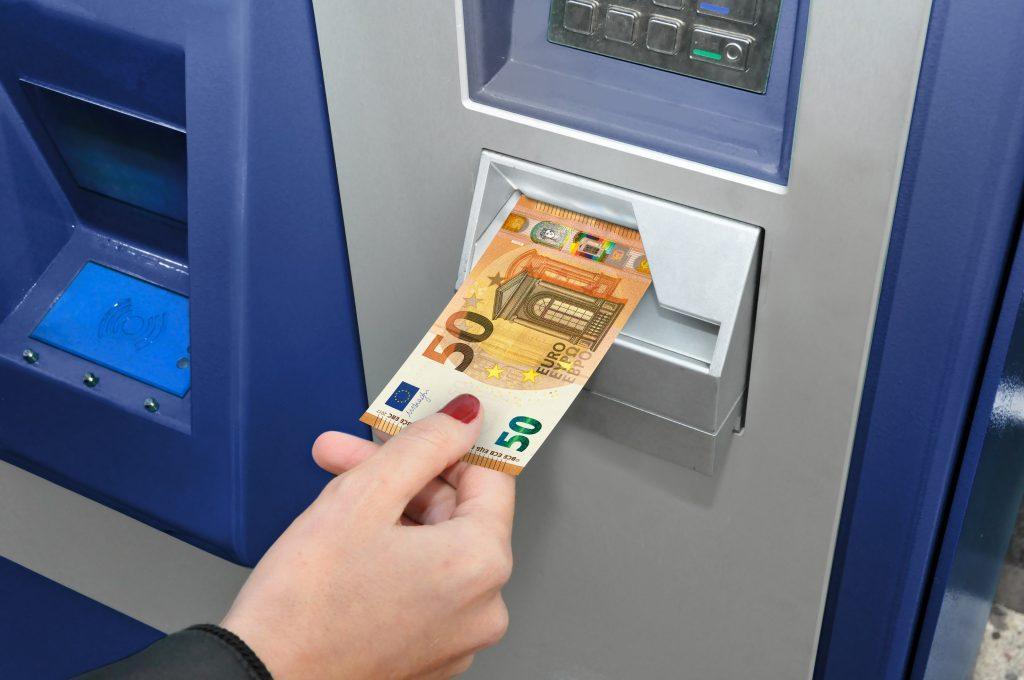

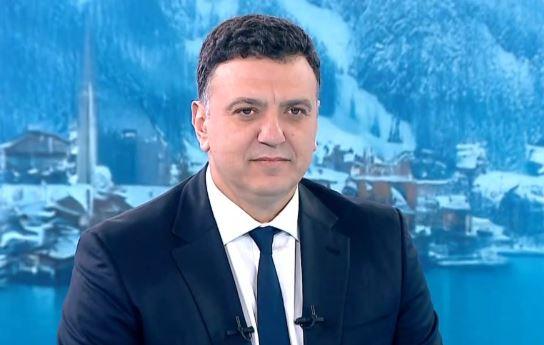



![ΕΕ-Ινδία: Η ακτινογραφία της εμπορικής συμφωνίας (FTA) [γράφημα]](https://www.ot.gr/wp-content/uploads/2026/01/ot_India_EE-300x300.jpg)




![Γραφεία: Πόσο πωλείται το τ.μ. – Οι φθηνές, ακριβές περιοχές [γραφήματα]](https://www.ot.gr/wp-content/uploads/2026/01/grafeia.png)
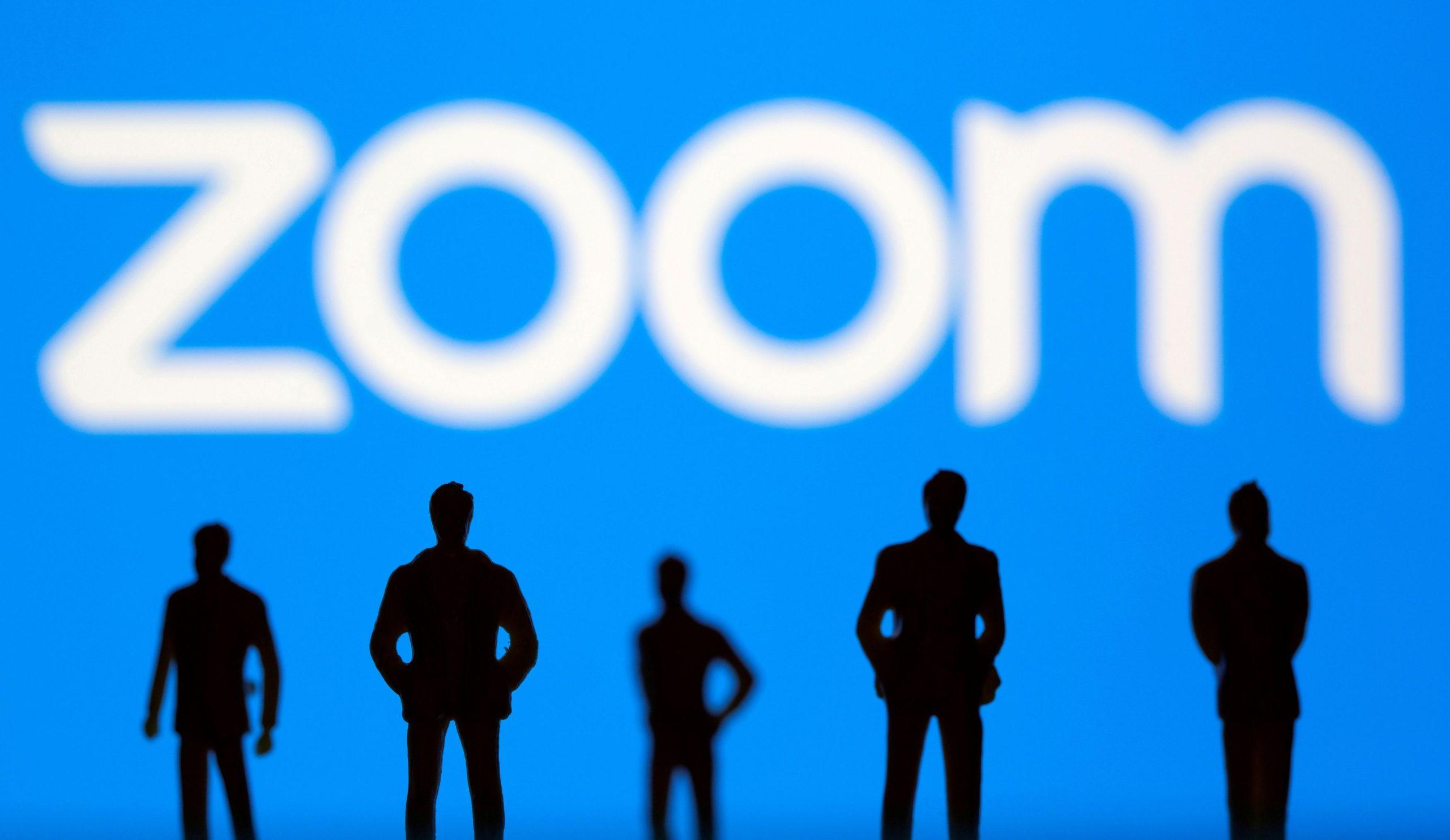

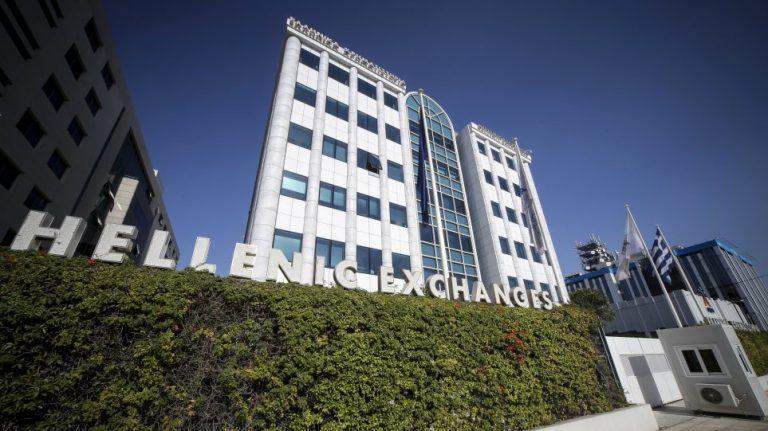


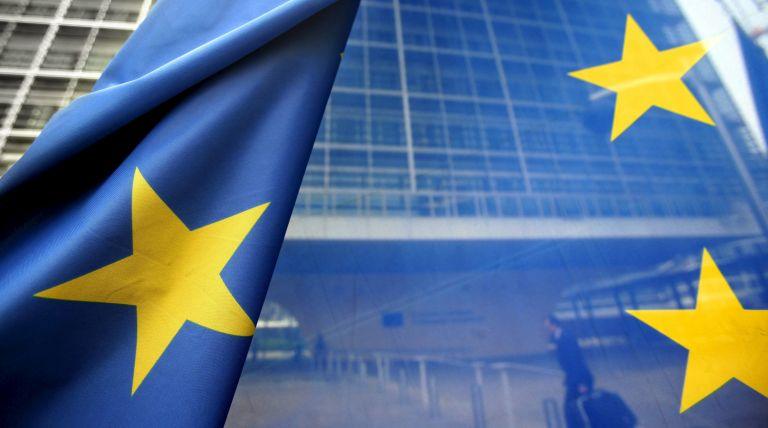

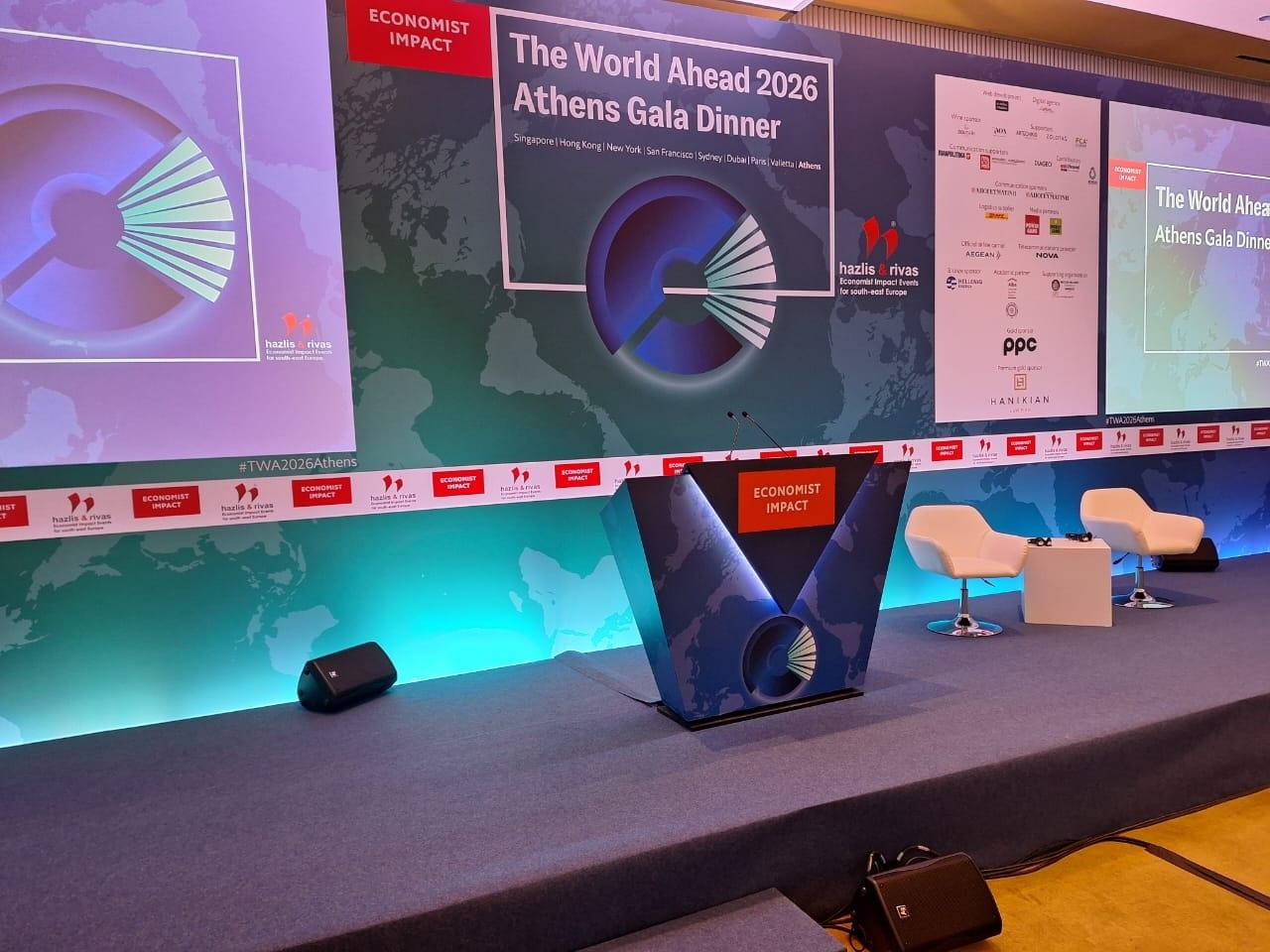


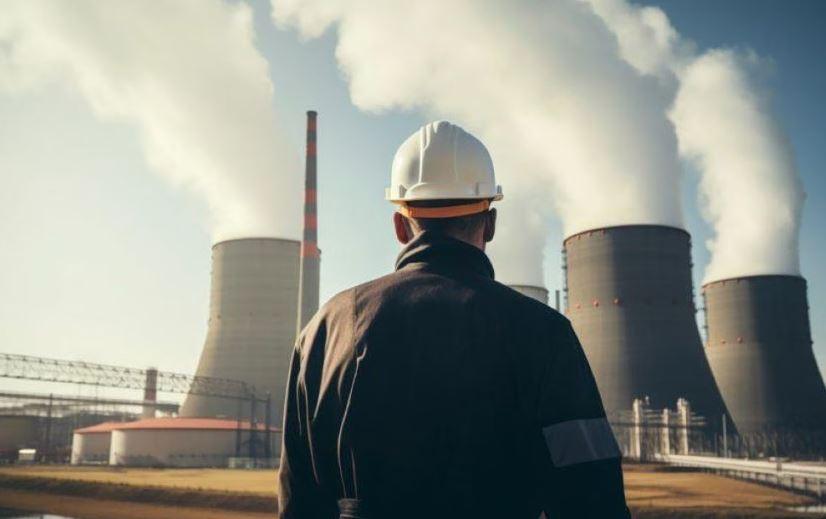



![ΕΕ-Ινδία: Η ακτινογραφία της εμπορικής συμφωνίας (FTA) [γράφημα]](https://www.ot.gr/wp-content/uploads/2026/01/ot_India_EE.jpg)


